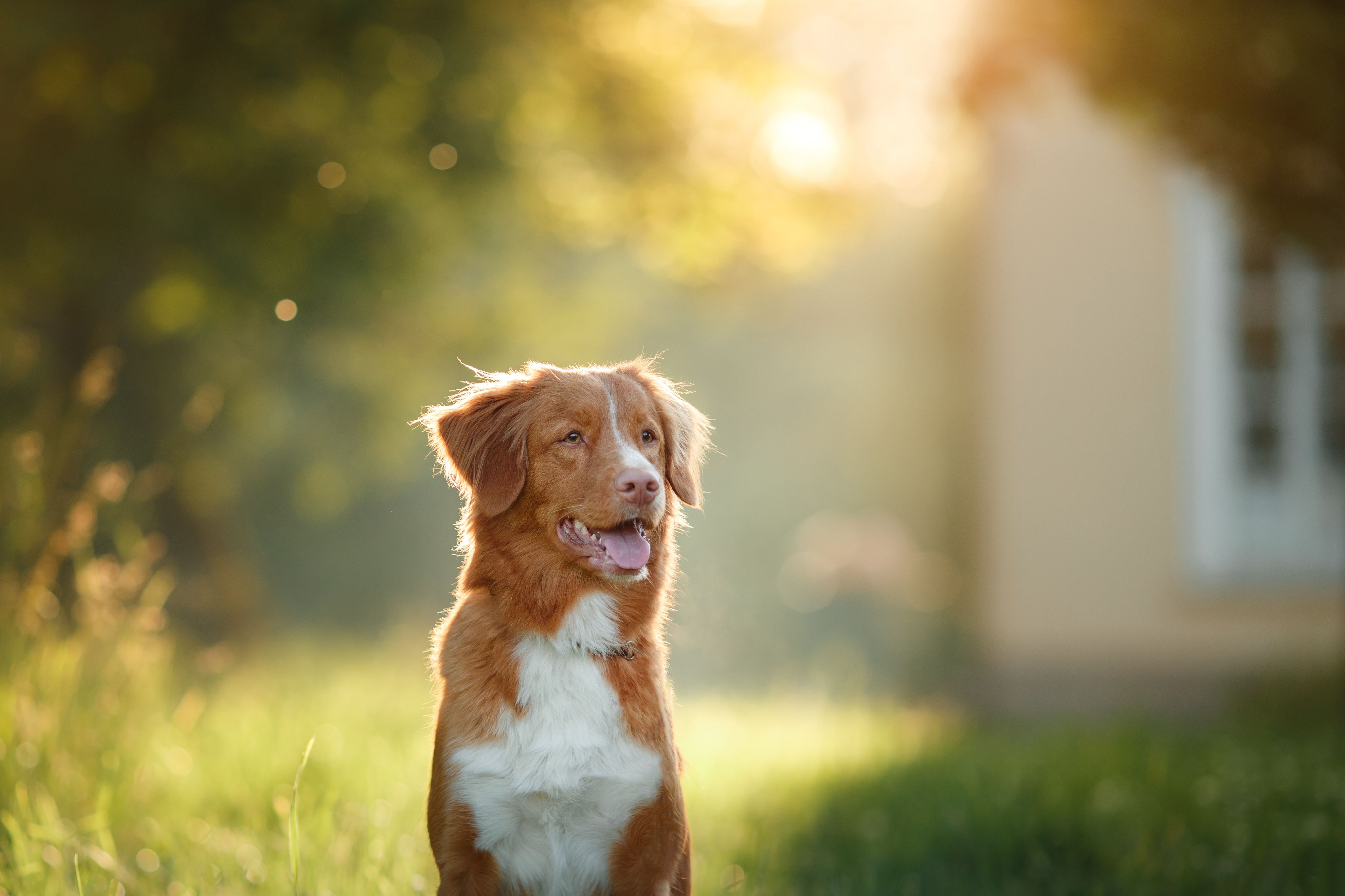Advice on dog and cat seasonal allergies with air quality threats
Tips and resources veterinarians and pet owners should know regarding air quality for their pets
Pet Honesty pet health experts came together to offer insight to its community of pet parents on maintaining their pet's health and safety regarding allergy, immunity, respiratory, and overall health support as allergen and air pollution forecasts increase as a result of the Canadian wildfires. Additionally, the brand donated Allergy Support supplements valued at $20,000 to pet organizations in need of nutrient-dense products in the US Northeast region.1
annaav / stock.adobe.com

"Veterinarian organizations had already been bracing vet practitioners for an intense 2023 allergy season, and now the wildfires are beginning to exacerbate environmental allergen and pollen counts in affected areas," said Victoria Carmella, DVM, FFCP, a veterinarian advisor to Pet Honesty and veterinary clinician in the Northeast, in a company release.1 "What is important to keep in mind is that outdoor air quality impacts indoor air quality for all family members, including your pets."
Pet Honesty outlined the following tips and resources1:
- Check your local Air Quality Index (AQI) score daily at AirNow.gov. Assume any reported risks to humans apply to your pet too.
- Avoid outdoor activity for dogs and cats, and limit outdoor time for dogs to 10-15 minutes to relieve themselves only.
- Allow your pet to sleep in the same room(s) that have an air purifier with a HEPA filter, which is proven to remove nearly all allergy pollens in the air.
- Assure your pet is well hydrated with plenty of water, which helps flush out pollutants.
- Provide a daily supplement that helps support the immune system and provide overall allergy support.
- Take your dog or cat to the veterinarian or animal hospital if you observe unusual and persistent wheezing, sneezing, heavy breathing or panting. A dog or cat that suffers from respiratory concerns may be more sensitive to poor air quality, resulting in increased coughing episodes, and may need immediate attention.
"When air pollutants are high, we'll see pets that typically do not suffer from allergies begin to show symptoms such as itchy skin, watery eyes, wheezing, sneezing, excessive scratching or paw licking," added Carmella. "Just like humans, pets are vulnerable to new allergens when the air quality is compromised."1
Reference
Pet Honesty's team of pet health experts advise on growing interests in dog and cat seasonal allergies amid air quality threats. News release. Pet Honesty. June 8, 2023. Accessed June 9, 2023. https://www.prnewswire.com/news-releases/pet-honestys-team-of-pet-health-experts-advise-on-growing-interests-in-dog-and-cat-seasonal-allergies-amid-air-quality-threats-301846797.html
Veterinary Heroes: Ann E. Hohenhaus, DVM, DACVIM (Oncology, SAIM)
December 1st 2024A trailblazer in small animal internal medicine, Ann E. Hohenhaus, DVM, DACVIM (Oncology, SAIM), has spent decades advancing the profession through clinical expertise, mentorship, and impactful communication.
Read More